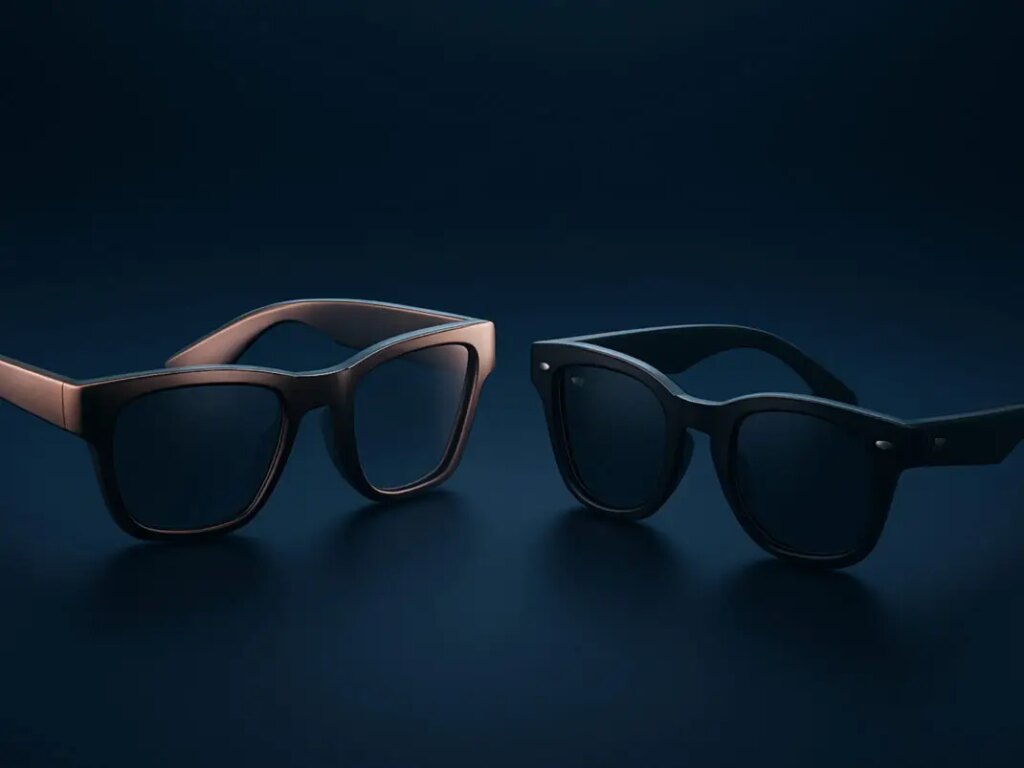Samsung boldly steps into the future! Latest leaks show: The Galaxy Smart Glasses will rely on a revolutionary audio AI strategy and feature AR displays. The goal is to create an unobtrusive 24/7 assistant for everyday life, that finally makes smart glasses cool.
While Meta Ray-Ban smart glasses are currently leading the market with their integrated displays, a new competitor is ready to completely rewrite the rules: Samsung. Recent leaks suggest that the Koreans are not taking up the fight with AR displays, but with a revolutionary audio AI strategy.
Samsung Galaxy Smart Glasses: What they should be able to do
Samsung has extensive experience with AR technology, having developed augmented reality headsets such as the Galaxy XR. With the upcoming Galaxy Smart Glasses, they deliberately use a subtle approach that focuses on the audiovisual capture of the environment. The glasses connect wirelessly via Bluetooth and Wi-Fi and are permanently linked to the user’s smartphone. Reports suggest that Samsung primarily wants to use the audio integration of advanced AI models, e.g., in line with the great potential of Gemini Live.
The camera built into the center of the frame captures everything you can see. The AI processes this visual data in real time and then provides you with contextual information or answers. This concept clearly focuses on an unobtrusive, intelligent assistant for everyday life. Practical use cases include voice-controlled navigation or immediate answers to questions about your immediate surroundings.
To maximize suitability for the masses, the smart glasses will be equipped with self-tinting transition lenses that automatically darken in response to lighting conditions. This makes the glasses a genuine 24/7 wearable.
When can you expect the Samsung Galaxy Glasses?
According to rumors, the Samsung Galaxy Glasses will launch in 2026. Consistent reports also suggest that a special US-market version is in development, which makes a staggered global rollout likely. Samsung’s focus on discreet, AI-driven functionality gives it a clear strategic advantage over the competition.

